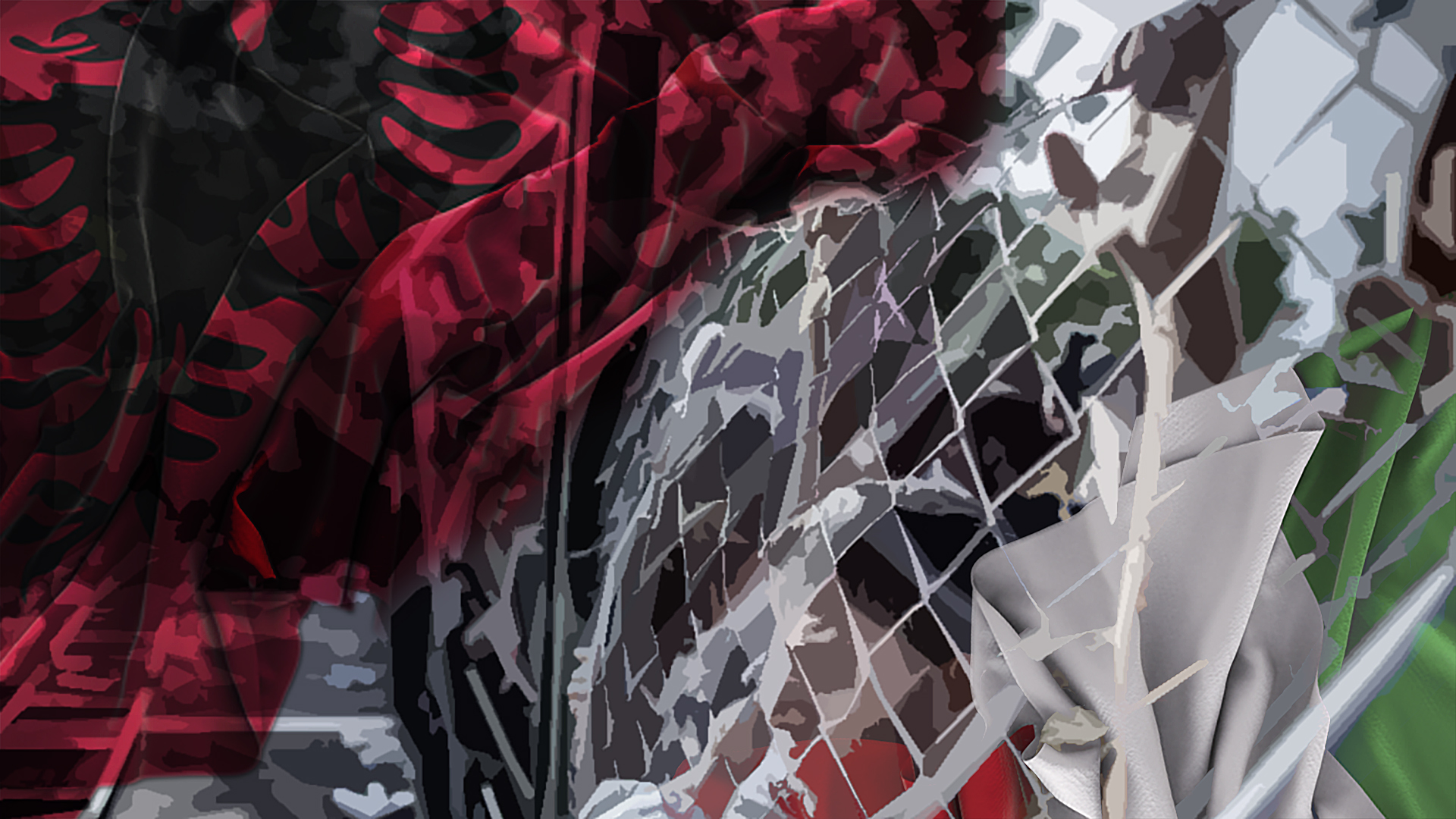
Italy should not outsource migration management to Albania
The Rama-Meloni deal is part of a worrying trend of border externalization.
This agreement marks the first time an EU member will conduct asylum procedures in an EU candidate country.
Migrants, asylum-seekers, refugees, people on the move
Increasingly, Western countries resort to border externalization to prevent people on the move from reaching their legal jurisdictions.

Kristina Millona
Kristina Millona is an Albanian scholar working on topics related to homoeroticism, communism and archives. She holds a Master's degree in Transnational Queer Feminist Politics from SOAS University of London.
DISCLAIMERThe views of the writer do not necessarily reflect the views of Kosovo 2.0.
This story was originally written in English.